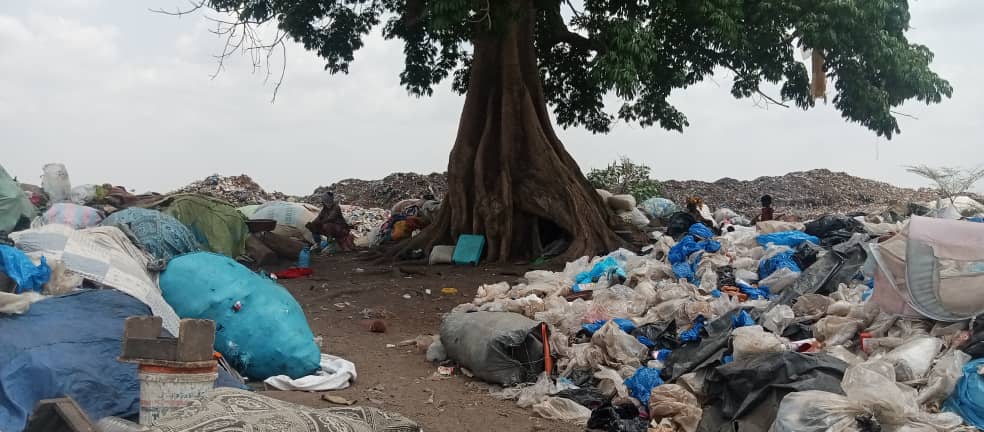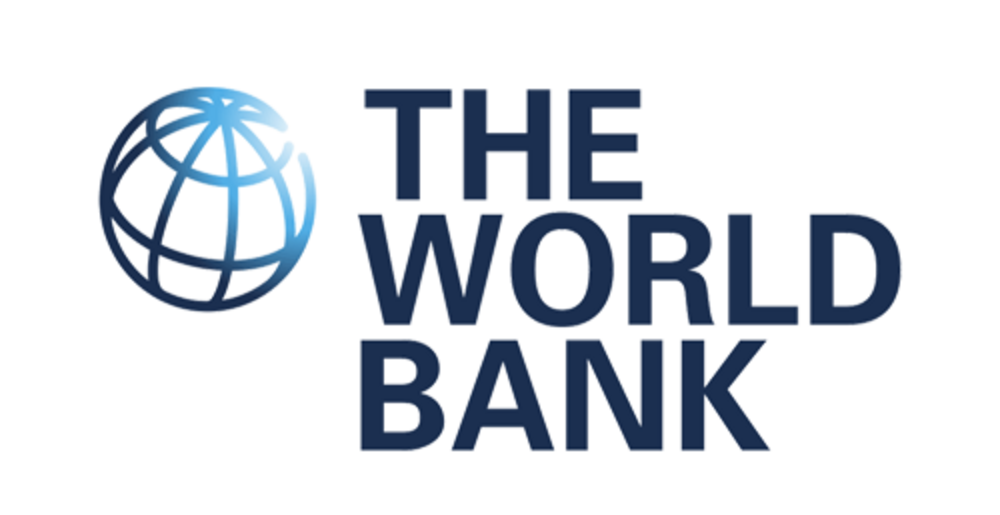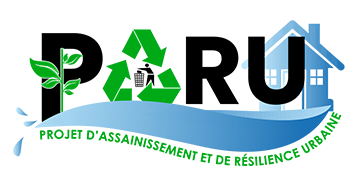
Challenge
Solid waste management in Côte d’Ivoire faces significant challenges, particularly in the Autonomous District of Abidjan and the central and northern intercommunalities. The PARU program is driving system modernization through the construction of infrastructure such as Recovery Centers and Engineered Landfills, as well as the development of new recycling and recovery strategies.
However, these changes will directly affect informal workers who currently play key roles in pre-collection, collection, sorting, and marketing of waste—without recognition or social protection.
R4S contributes its technical and social expertise to identify these actors, analyze their socio-labor conditions, and design strategies for formal inclusion. The objective is to ensure an inclusive and sustainable transition that improves working conditions, promotes the circular economy, and strengthens a more efficient, equitable, and nationally aligned waste management system.
Our solution
A comprehensive approach builds on two main pillars: a socioeconomic diagnosis of the informal waste sector and the design of a socio-professional inclusion strategy within the PARU framework.
The first pillar outlines a socio-demographic and economic profile of informal workers involved in waste management in the District of Abidjan and the central and northern intercommunalities. The analysis examines their organizational structure, working conditions, income levels, vulnerability, and role in the recycling value chain.
The second pillar focuses on concrete strategies to formally integrate and professionalize these workers within PARU’s new waste management system. The plan offers multiple integration pathways, including employment in the public sector and the creation of microenterprises and cooperatives.
Impact
The inclusion plan follows a gradual implementation, based on immediate and non-immediate scenarios, allowing for progressive rollout in each city according to PARU’s planning.
A key feature is its inclusive approach, which supports the integration of vulnerable groups—such as migrants, older adults, youth aged 16–18, women, and people with disabilities—through specific inclusion mechanisms.
The plan also promotes meaningful consultations to ensure the active participation of the informal sector in the inclusion process, fostering transparency and stakeholder buy-in.
The program’s impact goes beyond employability; it also drives structural transformation in the waste sector, promoting a more inclusive, efficient, and sustainable system.



